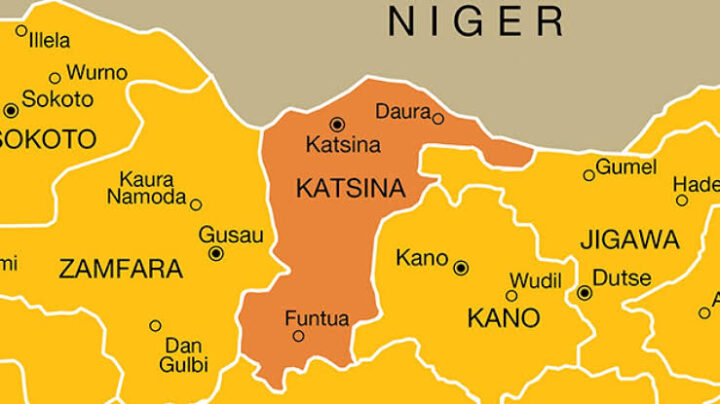The United Nations Children’s Fund (UNICEF) says data from the Universal Basic Education Commission (UBEC) shows that 536,132 children have stopped going to school in Katsina.
According to NAN, Muntaka Mukhtar, UNICEF education specialist, disclosed this on Wednesday at a media dialogue on the ‘Girl’s Education Project (GEP-3)’ in Katsina.
Mukhtar said Nigeria is among the top five countries with high number of out-of-school children, adding that more priority should be given to girl-child education.
“This data is not from UNICEF. Rather, it is according to the Universal Basic Education Commission (UBEC) data,” he said.
Advertisement
“Girls’ education goes beyond getting girls into school, it includes ensuring girls learn and feel safe while in school, having the opportunity to complete all levels of education, acquiring the knowledge and skills to compete in the labour market, gaining socio-emotional and life skills necessary to navigate and adapt to a changing world making decisions about their own lives, and also contributing to their communities and the world.”
He expressed concern over the rate of female children who are out of school, adding that they are deterred by some societal practices which prioritise male over girl child education.
He said women with primary education are paid between 14 and 19 percent higher than those without education, adding that those who acquired secondary education earn twice more than those with primary or without education.
Advertisement
“Every day, girls face barriers to education caused by poverty, cultural norms, poor infrastructure, violence and fragility,” he added.
“On prioritising education for girls, better educated women tend to be more informed about nutrition and health, have fewer children, and marry at a later age.
“Educated girls are better equipped to become healthier, more prosperous adults, with smaller families and children who are less at risk of illness and death, and more likely to succeed.
“Child marriage and early childbearing, virtually eliminate child marriage and holds the potential to reduce by 75 percent, the risk of early childbearing for women.
Advertisement
“Health, nutrition and well being increase women’s knowledge of HIV/AIDS, and also empower them to make decisions about their own healthcare.
“It also improves their sense of psychological well being, reduce risk of partner violence, under five mortality, and malnutrition among children.”
Add a comment






